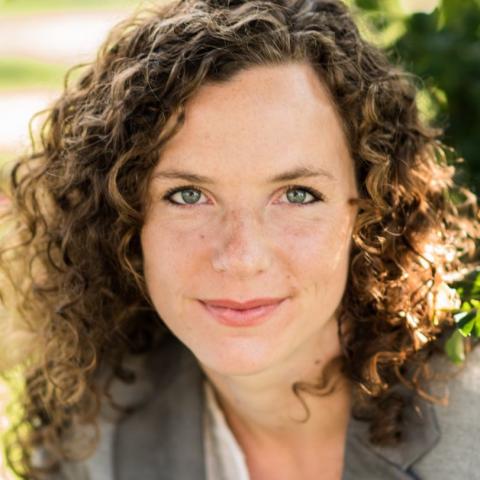
Julia Bursten
Associate Professor
Director of Graduate Studies
Julia Bursten is a philosopher and historian of science who investigates how knowledge is made and organized in applied and interdisciplinary scientific practices. Her main areas of philosophical interest are multiscale modeling and classification. Her main areas of scientific interest are nanoscience and agricultural science. She is also a historian of U.S. healthcare ethics and a casual scholar of the history of analytic philosophy. Outside the office, she is most often found on a horse or next to a dog.
Contact Information
jrbursten@uky.edu
1427 Patterson Office Tower
859-257-6540
Education
PhD, University of Pittsburgh, History and Philosophy of Science, 2015.
MA, University of Pittsburgh, Philosophy, 2011.
BA, Rice University, Philosophy, 2008.
MA, University of Pittsburgh, Philosophy, 2011.
BA, Rice University, Philosophy, 2008.
Research Interests
- Philosophy of Science
- History of Science
- Philosophy of Chemistry
- Philosophy of Agricultural Science
- Philosophy of Physics
Affiliations
- Philosophy
- Gender and Women's Studies
- Social Theory
